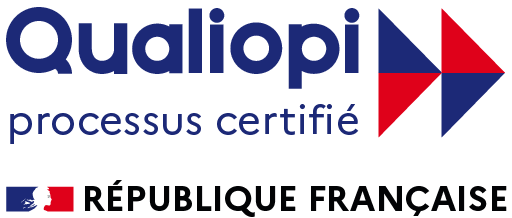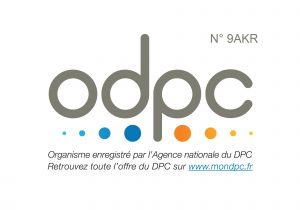 Abstract
Abstract
Anesthesia for lung transplantation remains one of the highest risk surgeries in the domain of the cardiothoracic anesthesiologist. End-stage lung disease, pulmonary hypertension, and right heart dysfunction as well as other comorbid disease factors predispose the patient to cardiovascular, respiratory and metabolic dysfunction during general anesthesia. Perhaps the highest risk phase of surgery in the patient with severe pulmonary hypertension is during the induction of anesthesia when the removal of intrinsic sympathetic tone and onset of positive pressure ventilation can decompensate a severely compromised cardiovascular system. Severe hypotension, cardiac arrest, and death have been reported previously. Here we present 2 high-risk patients for lung transplantation, their anesthetic induction course, and outcomes. We offer suggestions for the safe management of anesthetic induction to mitigate against hemodynamic and respiratory complications.


